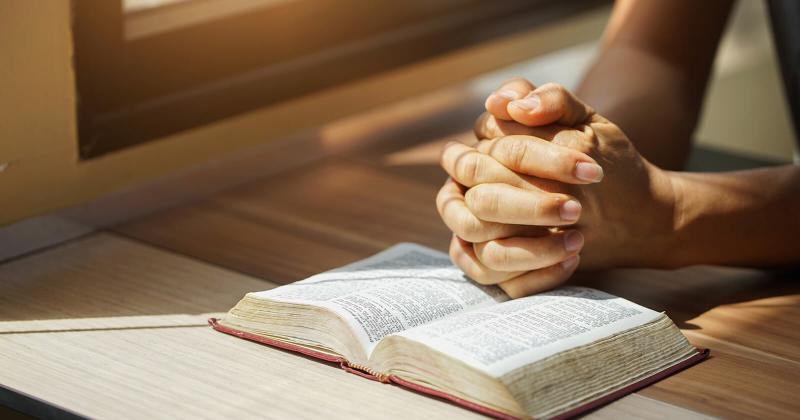Once again, the week of prayer for unity is approaching, and the churches of the Middle East are preparing to participate in it, immediately after the occasion of the birth of the Incarnate and the Baptism of water.
This week has become an ecumenical church tradition and has become part of the common culture of churches that have decided to live together in a partnership of faith despite the diversity of affiliations.
This book, which we put in the hands of Arabic speaking people, is part of this path and this culture. This Book of Prayers is an ecumenical production par excellence, embodying the yearning of the Church of Christ to live its unity despite the divisions that afflicted it historically and despite the differentiation resulting from the spread of Christianity in cultures that are unknown to, and distant from each other. This book was prepared jointly by the Pontifical Council for Promoting Christian Unity in the Vatican and the Committee on Faith and Order in the World Council of Churches. As for the Middle East Council of Churches, the Department of Theology and Ecumenical Relations, it translated it into Arabic and made it available to churches, as it does every year.
This work is part of a more comprehensive path that the MECC is preparing to follow, and it is represented by strengthening the bonds between churches, in the Middle East as well as in the world, churches that do not know enough about each other. They are invited to interact in a more comprehensive and in a deeper way, and to get to know each other's theological and cultural components. Then, believers from various churches will discover the richness and creativity of Christianity, its uniqueness, and the majesty of what it has provided to the world and to human civilization.
As for the subject of the Book of Prayers, it simulates our present situation in the Middle East, to the extent that the reader does not hesitate to think that "tonight looks like yesterday." Perhaps nothing has changed in three millennia. Perhaps the teachings of faith, and the values that they convey, did not change in man except some of the appearances of his life, so that he would return with lightning speed, when the time came, to his primitiveness.
“Learn kindness, seek justice, help the oppressed, do justice to the orphan, and defend the widow”. (1:17) How easy these instructions seem and how capricious we see modern man towards them. He moves from benevolence to selfishness, from justice to injustice, and from being kind to his fellow man to killing him. How contradictory is the human civilization of consumption, luxury and excessive affluence. He is like a tyrant who does not know when he will accept his people and when he will turn against him. How changeable is the mood that is armed with a self that does not that settle for a stable position. It is the estrangement from faith, the disavowal of the Creator, and the absence of piety.
The Middle East Council of Churches has identified human dignity as a work guide that determines the course of its activities and projects. In relief, rehabilitation and development, as in theology, relations between churches, in the media, and advocacy of just causes, as in dialogue between the components of our societies, human dignity is a constant that characterizes all of his work. Therefore, he launched a project with the same name, which is still in its first steps.
Here, we must mention that the International Ecumenical Movement constitutes one of the main pillars for the spread of universal values around which there is no longer any dispute, and constitute a reference for human beings: charity, justice and equality, human rights, freedom and what derives from them in terms of values and patterns of thinking and behavior. The culture that brings together the people of this movement has become solid and coherent enough to survive and influence millions of people. As for the basic values on which this movement was built, it is the acceptance of difference and dialogue, which are foundational values for a better future of a highly diverse humanity in terms of national, racial or ethnic affiliation, as well as with ideas.
The one who goes through the book and reads the texts must meditate the prayers that interacts with the depths of the human soul, fathom its very being, and prove once again how much the human creature is a mysterious being and how much it needs to converse with its Creator and repent to Him in a life sown with sin.
The texts of this Book of Prayers have been intertwined in an interesting and attractive manner, making it easy for the reader to deal with and making it accessible to various theological trends.
The Middle East Council of Churches is pleased to be the bridge over which the Book of Prayers for Unity crosses to the Arab world, which is thirsty for unity and harmony among its components, thus laying a brick in building a better tomorrow for future generations.
